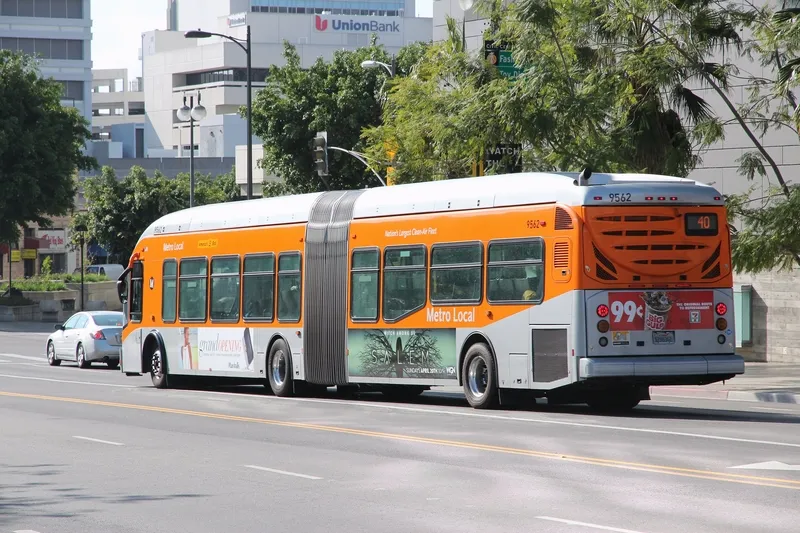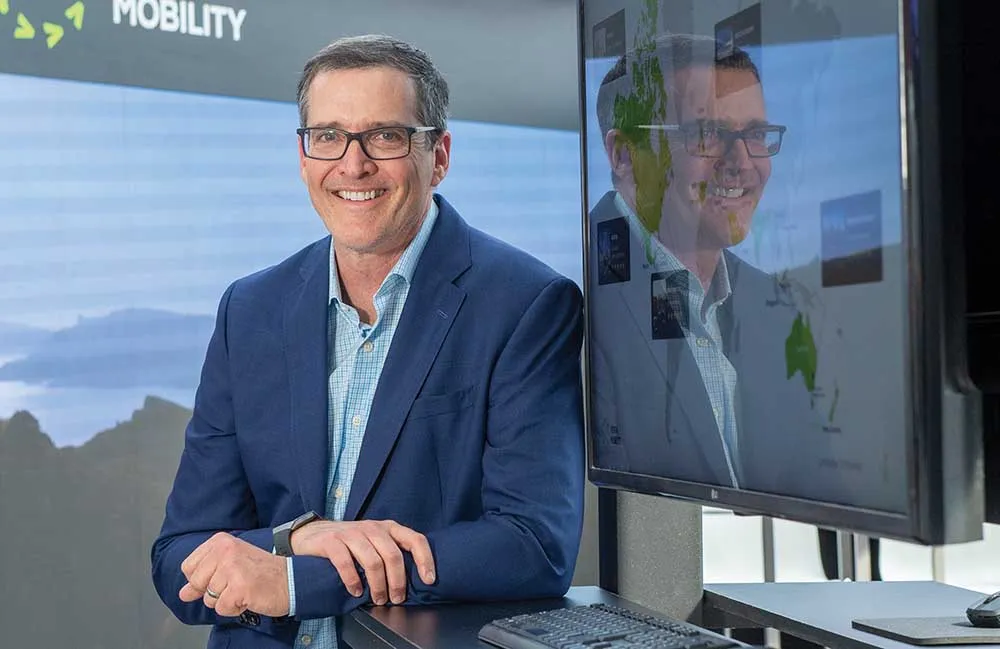
A report in the Los Angeles Times says that LA Metro officials have come up with plans for more frequent services on more routes, amounting to the “first overhaul of the region’s bus network in more than 25 years”.
Greater speed and efficiency is the aim of the new blueprint: buses would arrive as often as every five minutes on 29 major routes. This means that 83% of Metro passengers could walk to a stop – whereas at present only 48% can do that, according to LA Metro officials.
Investment of $1 billion over five years is also on the agenda, including $750 million for bus lanes and smarter signalling, with $150 million for shelters and improvements at popular stops.
The report suggests that ridership – which has dropped nearly 25% over a decade - could be improved by 15-20% if the changes are carried out.
However, there will be no extra buses on the street – instead, existing services would be reallocated.
The changes are to be discussed next week, with public meetings beginning in February and a final decision expected in September.
LA mayor Eric Garcetti says it would mean the city is going “in the right direction, toward dedicated bus lanes, higher ridership, and faster, more reliable service”.










